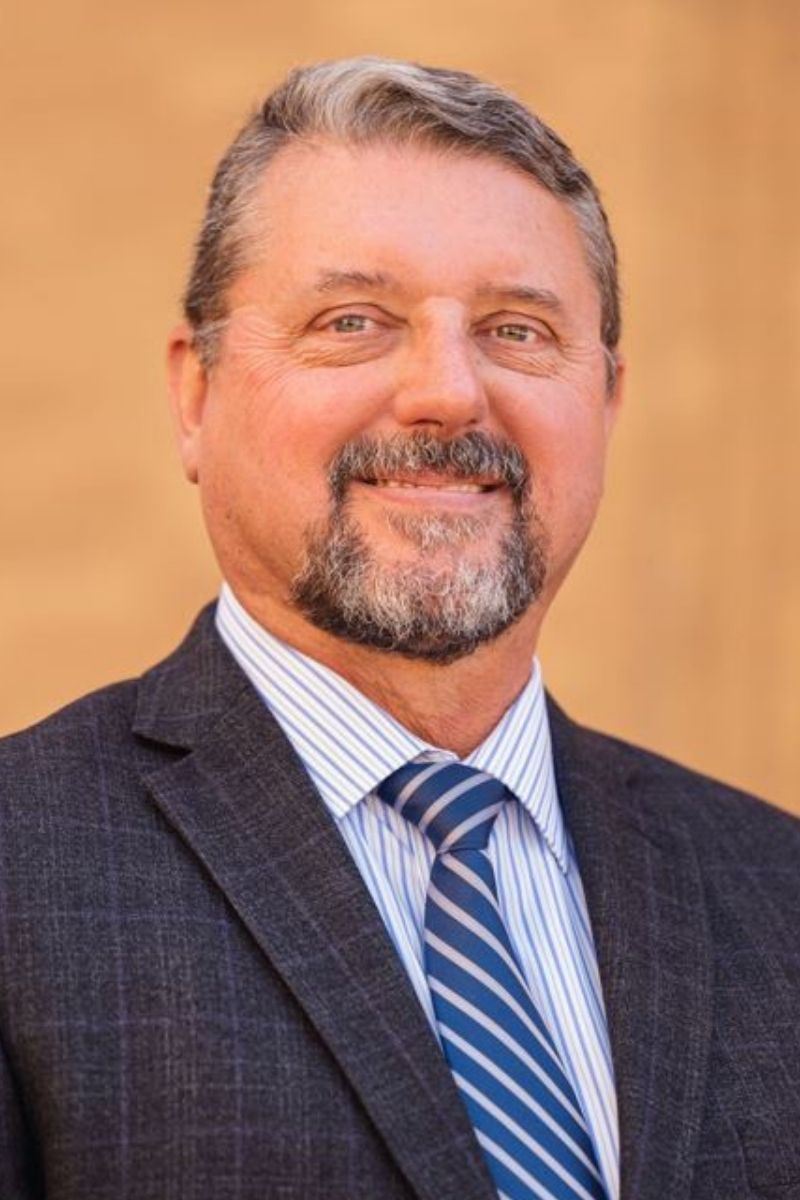A course that debunks myths in learning

When it comes to teaching, foundational knowledge is everything. Are teachers approaching their work from the most scientifically rigorous standpoint? Are they making decisions appropriately based on the many variables that can influence outcomes?
“Much of what educators are taught and what teachers are forced to learn as part of professional development lacks sound scientific evidence,” said Daniel Robinson, professor and associate dean of research in the College of Education at The University of Texas at Arlington. “To improve the field, we need people who can tell the difference between what is real and what is snake oil."
In his course “Evaluating and Debunking Educational Interventions,” Robinson guides students through coursework that allows them to gain an understanding of education myths. Students also learn thorough educational intervention research methods so they can evaluate and debunk such myths.
“What surprised me the most was how much of the information we are given in the field of education, and how many strategies that are pushed into classrooms, are not backed by strong evidence,” said Christina Gregory, a master’s student pursuing a degree in mind, brain, and education. “In fact, many of the strategies used regularly in classrooms today actually have been disproven, some for a decade or more.”
One of the first things the class takes a closer look at is the notion of learning styles: the belief that students have different styles of learning, such as visual, auditory, or tactile, and that instruction should match a given style.
“This has been taught and promoted ad nauseum in education,” Robinson said. “But there is no evidence that matching instruction to a perceived style leads to better learning.”
Other myths include multiple intelligence theory, social/emotional intelligence and discovery learning, Robinson said.
“My research and writings for the past 20 years have explored the declining trend in experimental research in education and the increasing trend in observational research that does not allow for causal conclusions,” he said. “One of the greatest things a field can do for the public is to protect the public from it. This means alerting people when some educational policy or approach that has absolutely no scientific support is being pushed on them that may be harmful or simply a waste of time and money.”
Gregory, whose goal is to have a career in education research and curriculum design, agrees.
“As educators, we are inundated with information that, though it may not be backed by sound research, continues to be propagated because that’s how we’ve always done things,” she said. “Being able to evaluate the research presented and effectively determine a source’s validity are invaluable skills that all educators should possess.”
- Written by Amber Scott, University Advancement